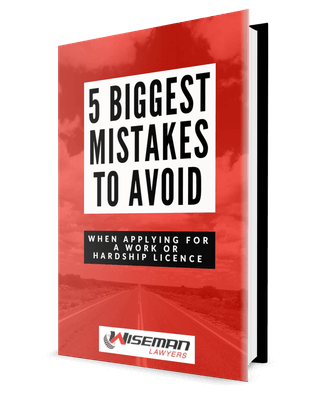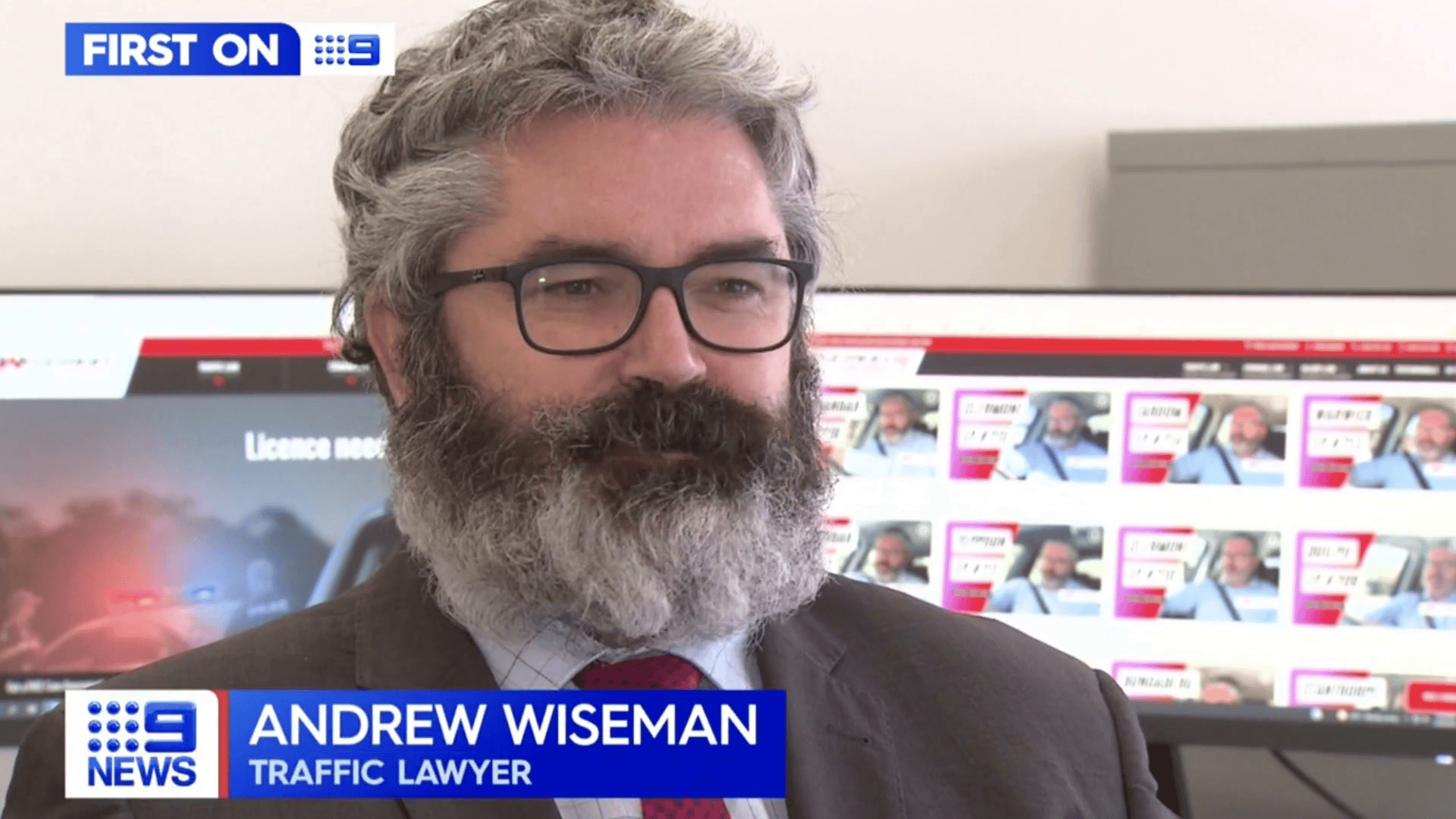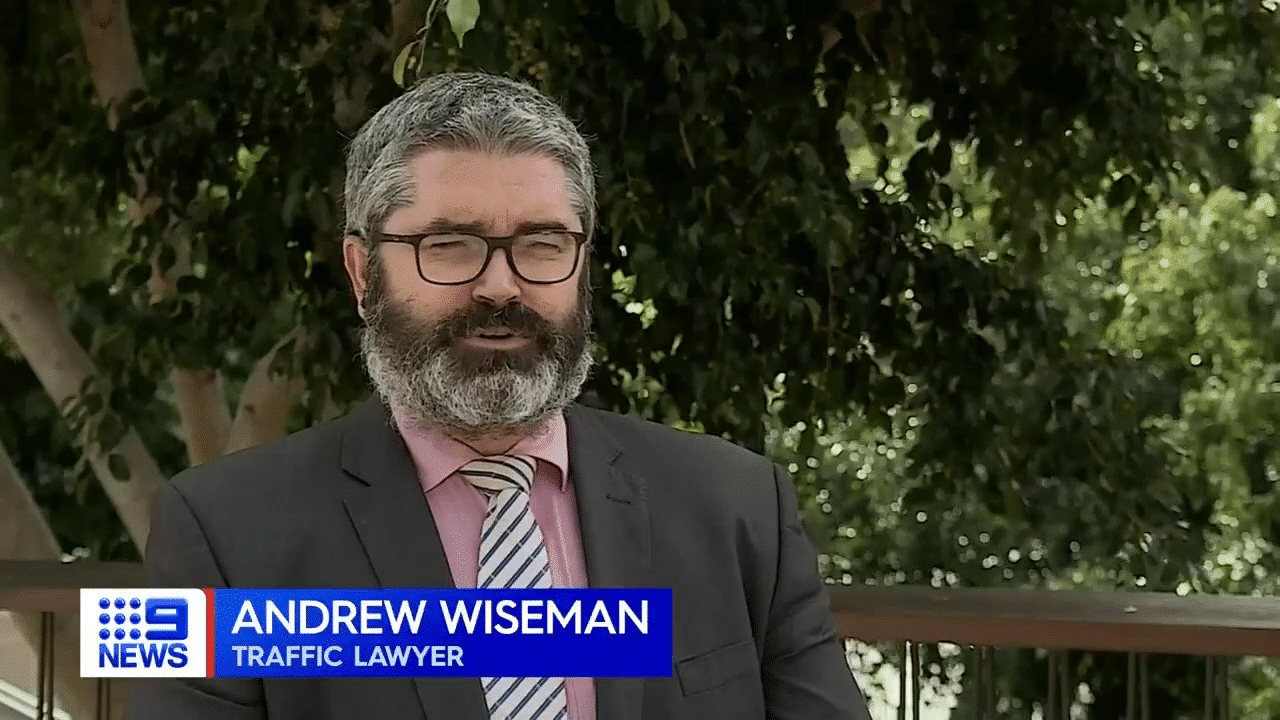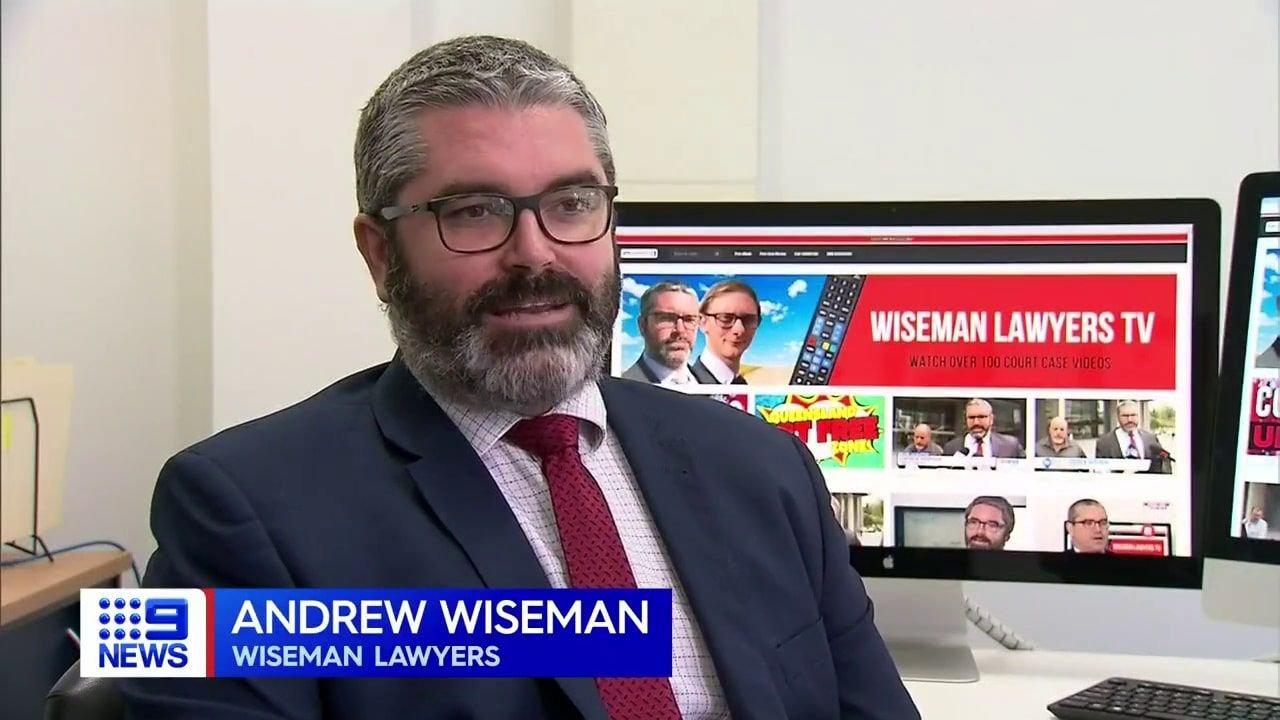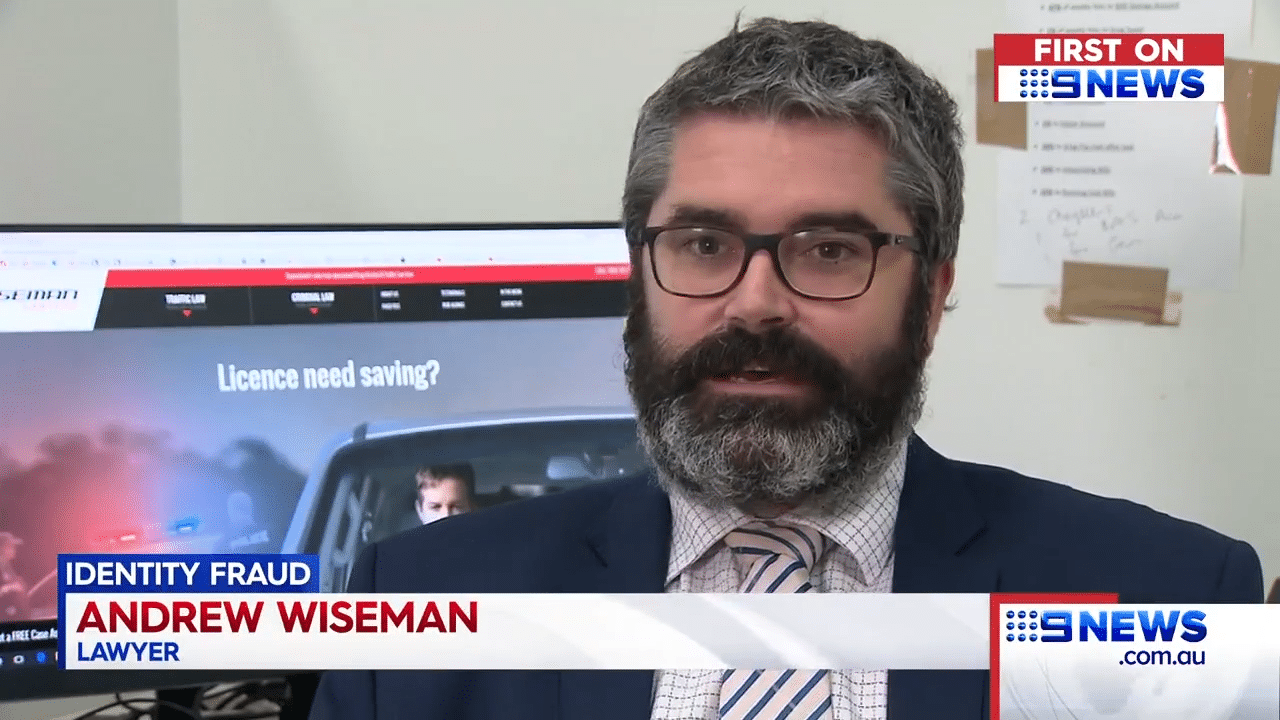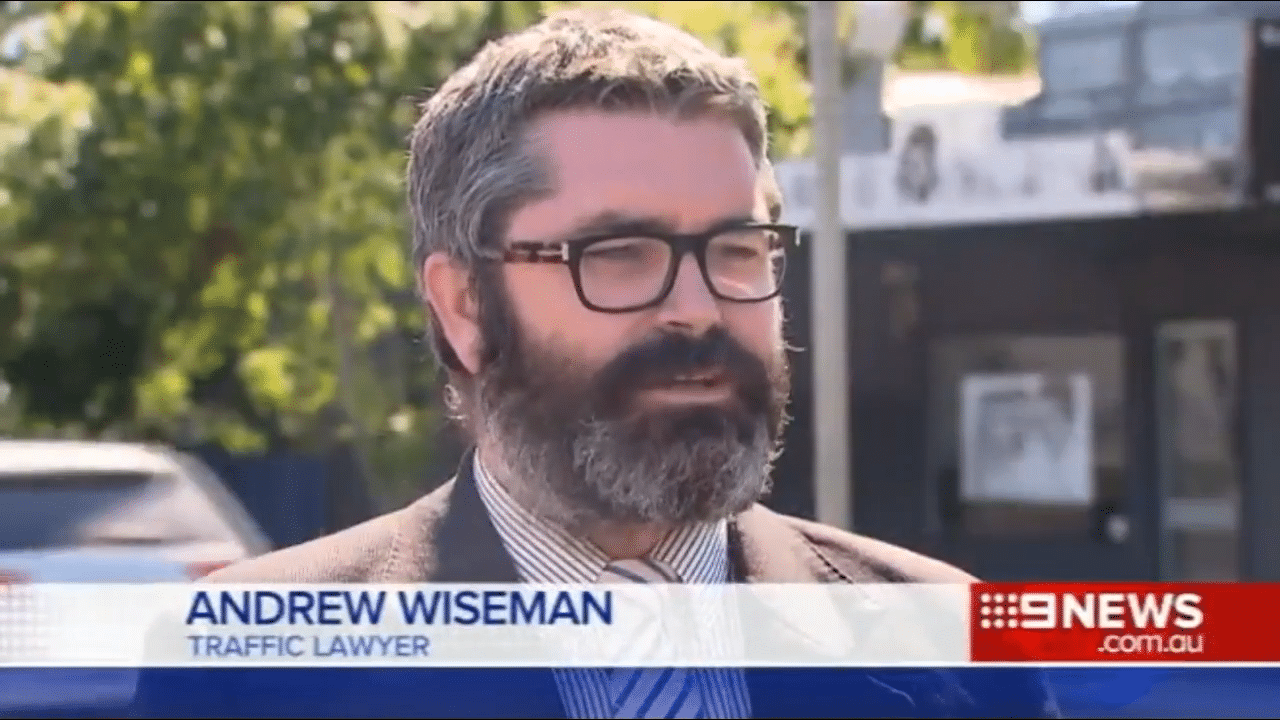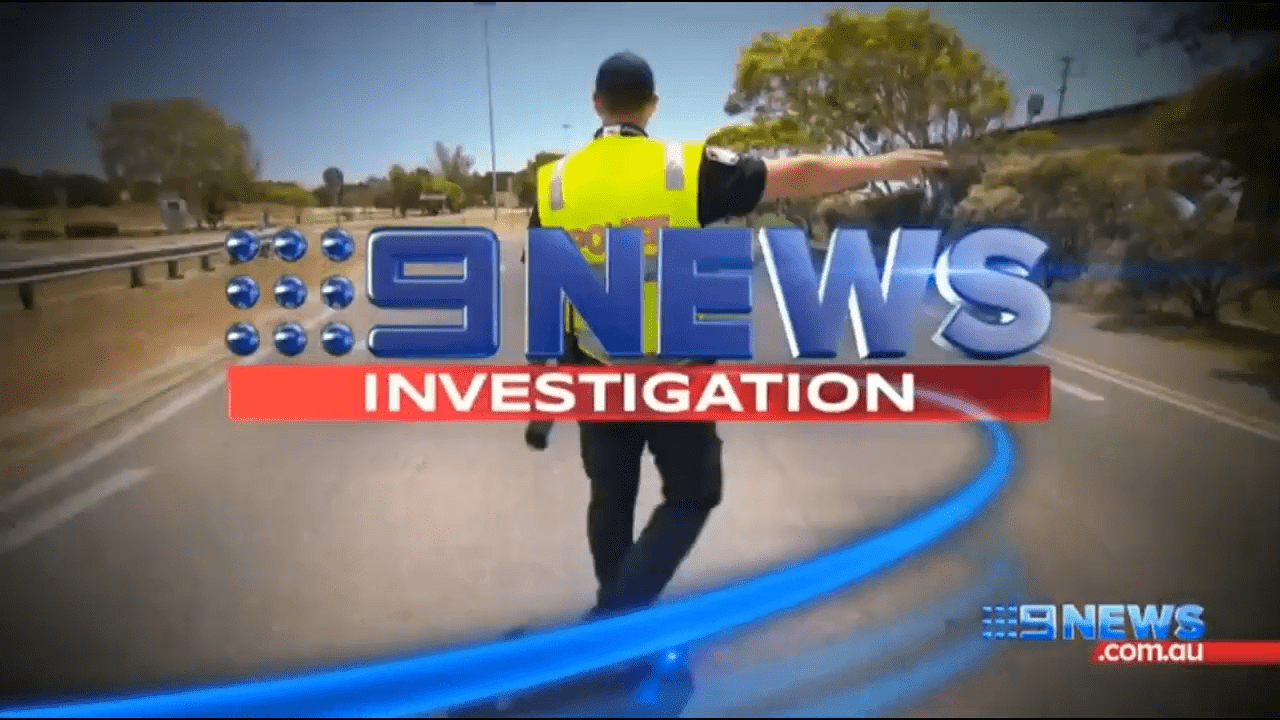Join Wiseman Lawyers Traffic Lawyer Andrew Wiseman at Murgon Magistrates Court as he represents a client charged with Dangerous Driving Whilst Adversely Affected. Watch Andrew explain what happened in the courtroom, along with the outcome which he achieved and how he achieved it.
All right. So I’m at Murgon Magistrates Court. It’s probably about an hour’s drive inland of Gympie. So I drove up from Brisbane last night, about three hour drive.
Client was in serious trouble. Basically, she was charged with dangerous operation of a motor vehicle whilst adversely affected, meaning it was dangerous driving whilst drunk. She had a reading of 0.214, so over four times the limit. She was also charged with disqualified driving, meaning the court had previously disqualified her licence and she’d driven during that disqualification. Aggravating it though, she had previous drink driving charges. In summary last year, 2019, she had a 0.243 and outside of the last five years, there was two others, a 0.214 and a 0.086. So this was her fourth alcohol related driving offence, her third high range, alcohol related driving offence, and it was dangerous operation of a motor vehicle, meaning we’re outside of traffic law.
Dangerous operation is a criminal offence. So it’s criminal code. So obviously serious ramifications. But the peril she was in though is it was mandatory imprisonment. The reason being, the relevant section says, if you’re charged with dangerous operation of a motor vehicle whilst adversely affected, and you’ve got two previous prescribed offences, and if you go deeper into the Act, the prescribed offences are set out. One of those prescribed offences being drink driving, it’s mandatory imprisonment. So she had, as I said, I think, yeah, three previous driving offences, so three previous prescribed offences, meaning two or more, which triggered the mandatory imprisonment.
So it didn’t matter what I said or did today, mandatory imprisonment was, as per the dictionary definition, mandatory. So it wasn’t, if there was going to be jail, it was how it was going to be packaged. And I’ll get into that in a moment. Obviously, the licence disqualification was the least of her concerns. She was always going to be losing her licence for a long time. And my job was really nothing to do with the licence. It was all about doing my best to avoid actual imprisonment, meaning sitting in a jail cell.
All right, so disqualification wise, for the disqualified driving charge, it’s a range of two to five years. For the dangerous operation while adversely affected, for a first offence, it’s a minimum six months. There’s no maximum. And obviously if you’ve got previous, it affects the outcome. But again, loss of licence was not what I was here for. I was here to try to keep the client out of prison.
With regard to prison, mandatory imprisonment, there’s a number of ways someone can serve mandatory imprisonment. Obviously there’s, as I said, sitting in a jail cell, and going backwards in order of severity, the next step back from actually sitting in a jail cell, is what’s called immediate parole. So if you’re given immediate parole, basically on paper, you went to jail on the day of court, but you’re also released from jail on the day of court, and you’re now on parole for however long the imprisonment period is. So for example, if you get four months imprisonment with immediate parole, basically, technically you’ve gone to jail as far as your history goes, but practically you didn’t actually set foot in a jail cell, but you’re now on parole for the next four months.
And what parole means is, basically you need to report to probation and parole as stipulated. You can’t leave Queensland without their permission. If you change address, you’ve got to tell them within so many days. Most people know what parole is. And it’s basically reporting during your parole period. And if you breach parole by not reporting or not complying with conditions, you can be brought back before the court and resentenced.
The next option available to magistrate going downwards in severity, is what’s called an intensive correction order. So it’s effectively the same as immediate parole, but on your record, it doesn’t quite look as bad. So you are given a term of imprisonment that you serve in the community, but practically speaking, it’s the same as immediate parole.
And then the other option is wholly suspended imprisonment, meaning you’re given a term of imprisonment, but it’s suspended or paused. It literally hangs over your head during the suspension period. So for example, if you’re given four months imprisonment, wholly suspended for 15 months, for example, you walk out of the courtroom. That’s the end of it. If you can go 15 months without doing anything wrong, meaning not appearing before the court for other matters, the four months will evaporate. Whereas if you do appear before the court for other matters in that 15 month period, you can be sentenced to serve the four months. There are ways of avoiding that, but for the sake of this recording, it drops down and you serve it.
So those were the only options available. There was no non-jail related option available. As I said, mandatory, it’s a black and white term. It’s not, if the magistrate feels like it. It’s mandatory, the magistrate must impose imprisonment.
Preparing, given the stakes were so high, I did more detailed than I ordinarily do, written submissions. There was about 20 cases that I addressed in these written submissions. Some were on point, some weren’t quite, but detailed written submissions that I could forcefully refer to, if the magistrate or the prosecutor were adamant that my client serve jail. Got her to do a reformatory course, same one we get all of our clients to do. Got her to get character references based on a template we provide all the clients. Got her to go back to the mental health provider that she’d already been seeing, albeit haphazardly.
So, I mean, without trying to be a cynic, a lot of people that appear before the court who up until they got in trouble, had no mental health issues, but suddenly surprise, surprise, “Oh, I’ve got all these unaddressed mental health issues.” That wasn’t the case. She had ongoing mental health issues that she’d been haphazardly getting addressed, and in recent times hadn’t been on top of it. Being in a regional location, it’s not easy to get appointments with GPs, let alone mental health providers. So, she dropped the ball on her ongoing attendance. And if you know anyone who’s got mental health issues, I mean, I’m ex-army, so I know plenty of guys and gals who suffer from the black dog and it’s like the fog rolls in and you just suffocate from it. So I guess, and once the fog’s rolling on the hills, it’s almost like a runaway train.
And if your next appointment’s two days away and your bottle of rum’s sitting there, I suppose, I’m not justifying dangerous driving or anything like that, but I’m talking about mental health, and the fact that people do self-medicate, particularly when mental health help, isn’t easily accessible. Anyway, I’m going off point a bit. But that was the situation.
She’d basically, throughout her life had ongoing mental health issues. Through some periods she’d been on top of them, other times she hadn’t. And on this occasion she had dropped the ball and wasn’t on top of it. By the time she took steps to try and get that help, it was days away before she could see anyone, sat at home drinking in her sorrows, spoke to a friend. Friend said, “Well, my GP is available. Why don’t you at least go and see my GP?” And foolishly, she drove and obviously lost control of the vehicle, to the extent where she satisfied the elements of dangerous operation, and here we are today. There was no collision, no other persons involved. So that was good. As I said, she did that online reformatory course, got help from her mental health provider and brought a letter from that person, attesting to that.
Anyway, I had my work cut out for me. I had to speak at length and quite forcefully. Short version is I was able to persuade the magistrate to give the least serious of those options that I addressed earlier. So she was given wholly suspended imprisonment. So as I alluded to earlier on with those examples, I was able to persuade the magistrate to give four months imprisonment wholly suspended for 15 months.
She got two year disqualification for disqualified driving, 10 months for dangerous driving. That’s cumulative, but after you’ve served two years, you can apply to get your licence back if you’ve been behaving yourself. But A, she gets to go home. B, she doesn’t have to do any ongoing reporting as she would’ve with parole or an intensive correction order. She’s just got to behave herself, stay on top of her mental health for the next 15 months, and the problem will go away. Needless to say she’s relieved. There was a very real chance that she was going to be doing some actual time.
I’m Andrew Wiseman at Murgon Magistrates Court. Thanks for watching.
